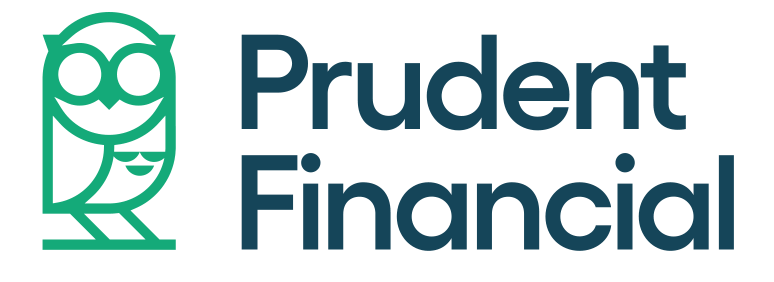
 It’s no secret that Canada’s real estate market has been going through changes. With increased Bank of Canada interest rates, new Canadian mortgage rules, and Canadian household debt higher than ever, there’s a lot of uncertainty in the air. It can be tough as a homeowner to know the best course of action — especially if you happen to be carrying a large amount of debt.
It’s no secret that Canada’s real estate market has been going through changes. With increased Bank of Canada interest rates, new Canadian mortgage rules, and Canadian household debt higher than ever, there’s a lot of uncertainty in the air. It can be tough as a homeowner to know the best course of action — especially if you happen to be carrying a large amount of debt.
If you are worried about the amount you owe, perhaps you’ve been considering mortgage refinancing. If you are, or want to know how mortgage refinancing could help you consolidate debt in Canada, here’s what you need to know:
- Look at your existing mortgage type.
Do you have a variable-rate mortgage or a fixed-rate mortgage? If you have a fixed-rate mortgage and are locked in at a low rate, don’t mess with that. Where you may want to look at changes is if you have a variable-rate mortgage — a mortgage that fluctuates based on Canadian interest rates. The Bank of Canada increased interest rates to 1% in 2017. While still relatively low, more rate increases are predicted to be coming in 2018. The rate increases not only affect mortgage rates, but they also affect all forms of debt — student loans, credit card debt, lines of credit, etc. If you’re carrying a variable-rate mortgage, you may be all right currently, but if more increases come, will you be able to afford your home? If not, you may want to consider mortgage refinancing at a fixed-rate.
- Is mortgage refinancing your best option?
Home equity is the difference between the value of your home and the unpaid balance of your current mortgage. For example, if your home is worth $250,000 and you have $150,000 left on your mortgage, you’d have $100,000 in home equity. If you refinance your mortgage, you can borrow up to 80% of the appraised value of your home, less the unpaid balance of your current mortgage. If your mortgage is up for renewal or there are minimal or no fees associated with breaking your particular mortgage, mortgage refinancing can be a good option to consider. But if you’re in the middle of your mortgage term and depending on your mortgage lender, you could face big penalties.
- If mortgage refinancing isn’t right — accessing equity without refinancing.
If you want to take equity out of your home, this can be done without messing with your first mortgage — in fact, it can be done without taking out a mortgage at all. Equity is power, and if you have lots of equity in your home, you have options. Lenders, such as Prudent Financial Services, will give a loan based on equity alone — no appraisal, no registered mortgage, no spouse to sign! A home equity personal loan is an unsecured loan, so you don’t have to put any assets up as collateral. They’re cheaper than most other personal loans and have fixed interest rates that will not fluctuate.
Prudent can set you up with a home equity personal loan that can help you consolidate debt in Canada, renovate your home, purchase a vehicle, and more.
Contact us today for a free consultation: www.prudentmortgage.ca or call 416-223-9300.
